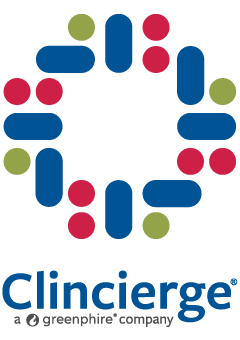Patient Payments: Frequently Asked Questions
Do your clinical trial patients need stipends, reimbursements, or a combination of payment types? Not sure? Many study teams are unsure about the different types of patient payments or how to decide which ones are appropriate for their study.
Multiple payment options and country-specific requirements can seem overwhelming to a study team. Understanding industry terminology and the differences between the types of patient payments is challenging. New sponsor and CRO clients often ask us to clarify the patient payment process to ensure these payments are compliant and convenient. Below we define and compare payment methods to help you choose the right option for your study.
What is a stipend?
A stipend is an agreed-upon, fixed amount paid to the clinical trial patient for their participation. Patients receive a stipend payment once they complete a specified clinical trial step, such as a site visit. Stipends are considered taxable income and may require specific tax reporting. These funds offset expenses related to participation in clinical trials. Clinical trial staff informs patients of this set amount during the trial enrollment process, and IRB/EC must approve stipends.
What is a reimbursement?
A reimbursement is paid to a clinical trial patient after they make a purchase and submit a receipt. The reimbursement amount is equal to the amount of the purchase. Reimbursements cover necessary travel expenses like meals, mileage, tolls, parking, and incidentals. Most clinical trial sponsors limit the dollar amount of individual patient reimbursements within their travel policy.
What are the differences between stipends and reimbursements?
A stipend is a set amount paid to everyone who participates in the clinical trial. A reimbursement may vary since it covers specific out-of-pocket costs that the patient has some discretion over. Also, a reimbursement requires a receipt to be submitted for payment, whereas a stipend does not.
What is a wage reimbursement?
A wage reimbursement is paid to a patient if they must miss time at work to participate in a clinical trial. When treatment is necessary during the workweek, the trial sponsor can reimburse the patient for lost wages. Wage reimbursements vary and require an individual review of documentation before payment. Wage reimbursements are paid to the clinical trial participant after they complete their visit and submit proof of their attendance, as well as evidence of their employment and salary.
How do I choose the right payment option for my trial?
Choosing the right payment method depends on the type of clinical trial, patient population (age, medical needs, etc.), disease type (common vs. rare), number of patients, geographic location, regulatory hurdles, and several additional factors. The Clincierge team reviews the study-specific requirements and consults with the study team to determine their patients’ best payment option(s).
After determining payment options, the next step in the process is understanding country-specific payment regulations and navigating the complex barriers that arise. Our next article takes a more in-depth look into the challenges clients face to reimburse clinical trial patients in the United States and other countries worldwide. Find answers to questions about IRB and EC approval guidelines and gain insight into patient payment and patient reimbursement preferences in rare disease trials.


